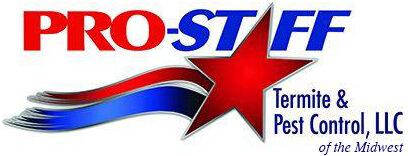
Alpha-gal syndrome (AGS) has been called many things, including alpha-gal allergy, red meat allergy or tick bite meat allergy. For all of its names, however, it can induce life-threatening allergic reactions and catches many people by surprise. There’s a lot to unpack about this syndrome, including how it relates to a particular type of tick.
About AGS
To understand AGS, we must first talk about alpha-gal. Alpha-gal is a sugar molecule that’s found in most mammals but not people. It’s also not found in fish, reptiles, or birds. It’s often found in meats like beef, pork, lamb, or venison, and other products made from mammals like dairy products and gelatin.
AGS initially seemed to be sudden and severe allergic reactions to meats or dairy products. However, growing evidence suggests that AGS might be triggered by the bite of the lone star tick in the US. Other ticks could also contribute, as they’ve been connected to AGS in other countries. What remains unclear is if and how tick bites trigger AGS in humans.
Symptoms of AGS
AGS comes with a variety of symptoms that sound similar to other severe allergic reactions, including:
- Hives
- Rash
- Nausea and vomiting
- A drop in blood pressure
- Cough or difficulty breathing
- Severe stomach pain
- Dizziness or fainting
- Swelling of the lips, throat, tongue or eye lids
They often appear between 2-6 hours after eating meat or dairy products. They can also be triggered by products containing alpha-gal like gelatin-coated medications or gelatin-based substances.
How to Prevent AGS
The best way to handle ticks is through preventative measures (aka avoiding them in the first place). Before heading outside, know where to expect them like grassy areas. Always check your furry friends for ticks, as dogs can often bring them into the home. Check your clothing as soon as you return home if you’ve spent extensive time outside or in wooded areas. When you shower, perform a thorough tick check, and if you spot a tick, remove it immediately. If you struggle with ticks around your property or have concerns, give us a call at 515-279-7378 or contact us online to schedule a free inspection.
